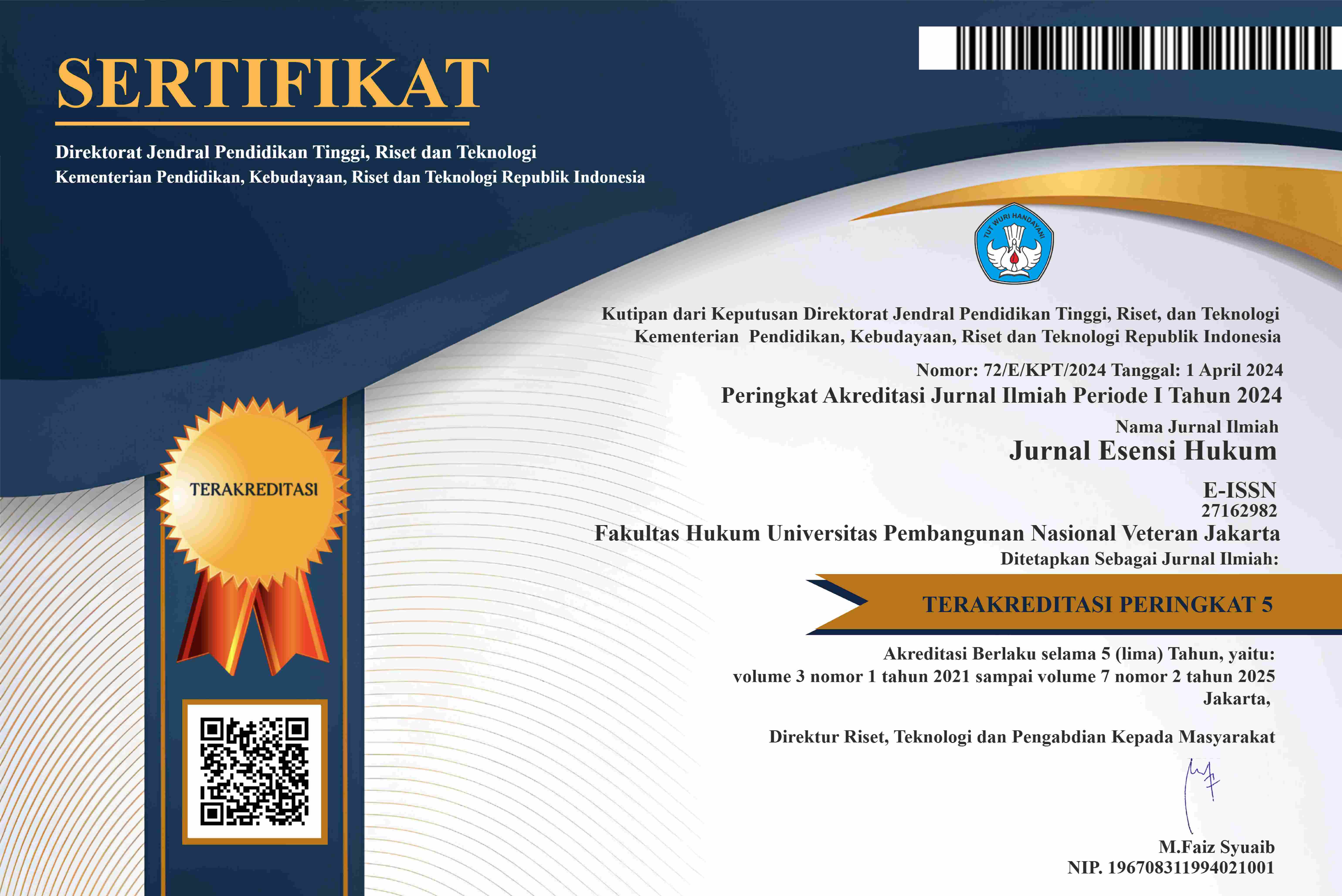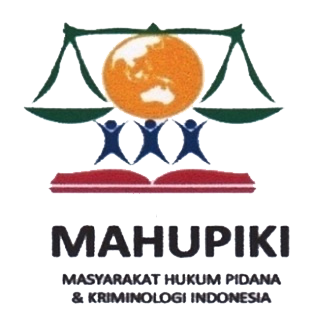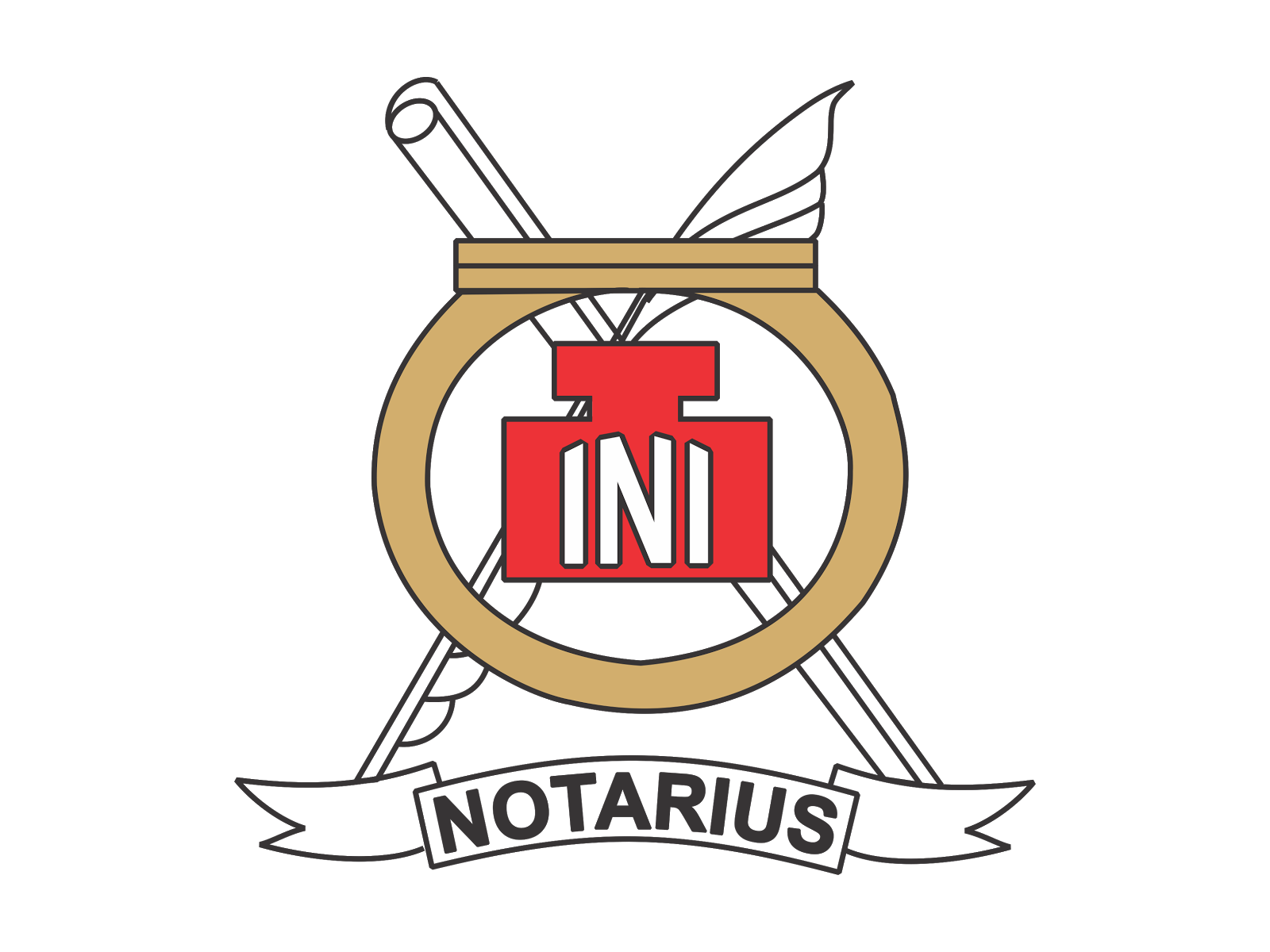PELOLOSAN GIBRAN SEBAGAI CALON WAKIL PRESIDEN (KECACATAN PENGAMBILAN KEPUTUSAN DALAM PEREVISIAN UU PEMILU)
Abstract
This paper discusses a juridical analysis of the nomination of Gibran Rakabuming Raka as the Vice Presidential candidate of the Republic of Indonesia in the 2024 General Election, which was triggered by the Constitutional Court's Decision Number 90/PUU-XXI/2023 concerning the age limit for presidential and vice-presidential candidates. This study aims to examine the validity of the decision-making process in the context of the principles of the rule of law, particularly the principles of justice, judicial independence, and constitutional ethics. The research employs a normative juridical approach and literature study of statutory regulations, Constitutional Court decisions, and opinions of constitutional law experts. The analysis reveals that the change in the age limit norm through the Constitutional Court’s decision contains ethical and legal defects, particularly related to a conflict of interest involving the Chief Justice at that time, Anwar Usman. These findings indicate that Gibran Rakabuming’s nomination is not merely a matter of formal legality but also reflects the weakened integrity of constitutional institutions that are supposed to uphold justice in a democratic system. Therefore, it is necessary to strengthen the oversight mechanisms of constitutional judicial bodies to prevent abuse of power.
Downloads
Copyright (c) 2025 Jurnal Esensi Hukum

This work is licensed under a Creative Commons Attribution-ShareAlike 4.0 International License.
Authors who publish with this Journal agree to the following terms:
1. Author retain copyright and grant the journal right of first publication with the work simultaneously licensed under a creative commons attribution license that allow others to share the work within an acknowledgement of the work’s authorship and initial publication of this journal.
2. Authors are able to enter into separate, additional contractual arrangement for the non-exclusive distribution of the journal’s published version of the work (e.g. acknowledgement of its initial publication in this journal).
3. Authors are permitted and encouraged to post their work online (e.g. in institutional repositories or on their websites) prior to and during the submission process, as it can lead to productive exchanges, as well as earlier and greater citation of published works.
4. 
This work is licensed under a Creative Commons Attribution-ShareAlike 4.0 International License.






2.png)

